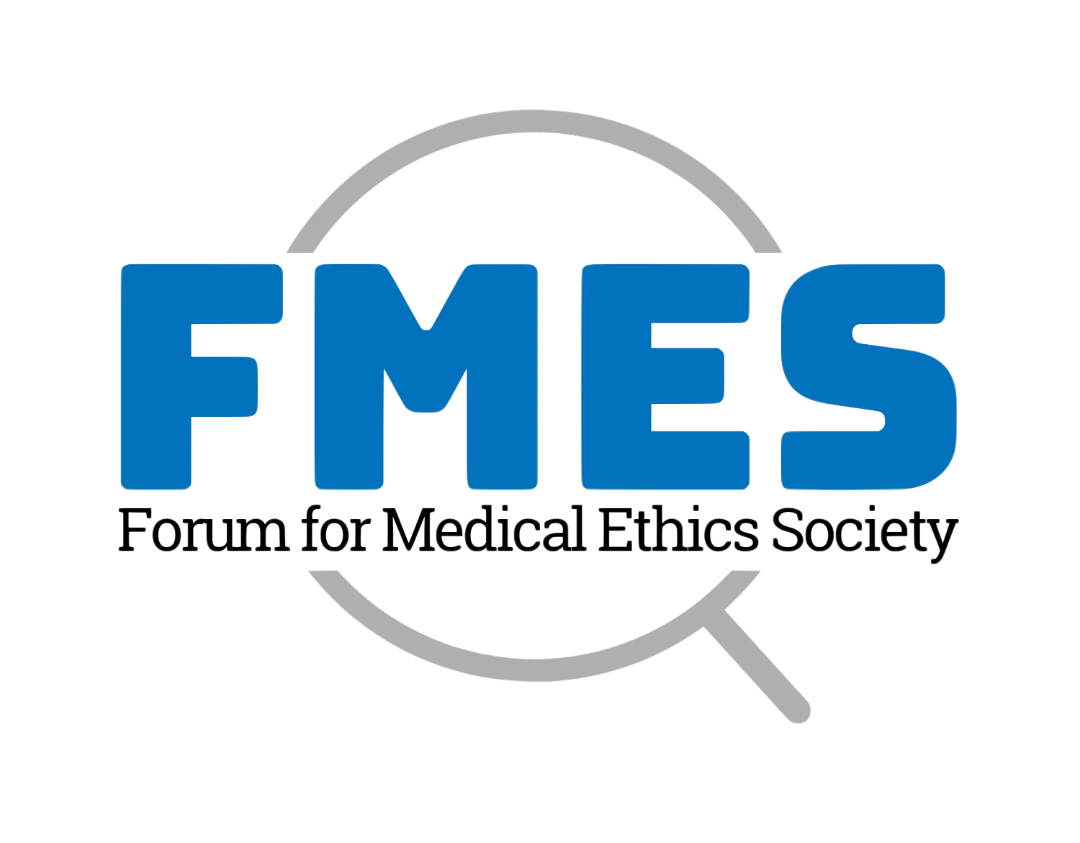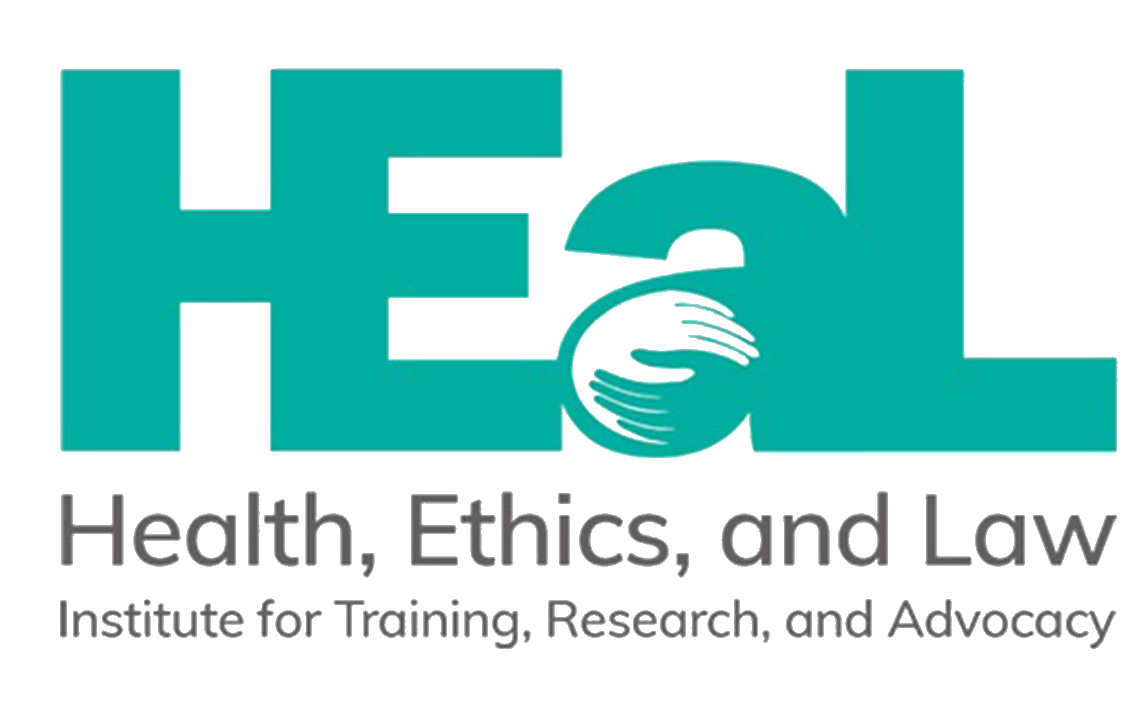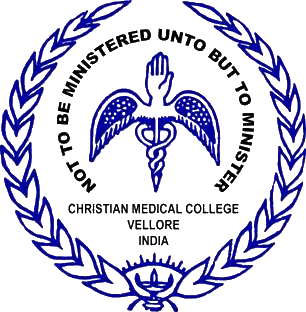The Forum for Medical Ethics Society, Mumbai
Founded in 1993 by a group of medical practitioners disillusioned by unethical medical practice, it evolved into a wider umbrella group for individuals from diverse backgrounds interested in bioethics. FMES publishes Indian Journal of Medical Ethics (IJME), the only indexed and peer reviewed leading journal on bioethics in India and South Asia. In 2005, it established a platform, namely National Bioethics Conference (NBC), for reflection, debate and coming together of people interested in the improvement of the healthcare system. Since then NBCs are organised every two years. So far seven such NBCs have been organised, each attracting between 350 to 700 participants. They are co-hosted by various entities – academic institutes, and non-government organisations; and FMES in different cities of India. Although called National Bioethics Conference, it does attract participants from the South Asia region as well as from the Global North.
Health, Ethics and Law (HEaL) Institute
FMES established the HEaL Institute to pursue FMES’ programmatic work in the domains of health and bioethics; and engages itself into trainings, research, public engagement, and advocacy activities on contemporary issues. It has been able to consolidate short duration intensive training programs in various sub-fields of bioethics over the past year since its inception and building on the work done by FMES and members of its core team over the past 30 years. The sub-fields of trainings include: public health ethics, research ethics in social sciences and public health research, clinical ethics, nursing ethics, ethics for professional statisticians, and research ethics for implementation science. Gender based violence, sexual harassment at workplaces, and child sexual abuse, international migration and refugees are other areas in which training curricula are being developed and will be implemented. Some of the current areas of engagement for research and advocacy include role of medical professional in death penalty, ethics in health journalism, ethics and law issues in artificial intelligence- based health technologies and gender-based violence. The constituencies of interest include: women, children, adolescents, prison inmates, survivors of violence, and sex workers.
Indian Journal of Medical Ethics, Mumbai
In 1992, eight doctors known for their eminence in ethical practice and concern for the public health system established a panel on the platform of Forum for Medical Ethics (FME) and contested the Maharashtra Medical Council (MMC) elections. By sending out a letter to all doctors in Maharashtra and by using the media for creating public awareness on the role and responsibilities of the Medical Councils, the FME strove to bring the implementation of medical ethics to the centre of the debate in the election. The FME ensured that votes for the members of its panel were voluntarily sent through mail by each voter on his/her own in the postal ballot system used for the elections at that time. The group also witnessed massive rigging of the elections by the candidate-doctors supported by money power and politics. The electoral malpractices were documented in detail by the group, and presented to the Mumbai High Court in a PIL and also communicated widely through the first newsletter, entitled “Medical Ethics”, published in August 1993.
Medical Ethics found wider support from the profession and the public, and was brought out every three months and gradually expanded its scope. When it applied for registration as a journal with the Registrar of Newspapers, New Delhi, it was provided a new title, and so from January 1996, it was brought out as Issues in Medical Ethics. Later, when the Registrar of Newspapers accepted our application for the change in name, the journal started coming out as Indian Journal of Medical Ethics from January 2004.
Christian Medical College (CMC), Vellore
The Christian Medical College Vellore, a top-ranked educational, healthcare and research institute in India located in Vellore, Tamil Nadu, is a 3600-bedded multi-speciality healthcare institution of international repute. CMC’s network of primary, secondary, tertiary and quaternary-care teaching hospitals is spread across seven campuses in and around Vellore district, in Ranipet district and in Chittoor district of the neighbouring state of Andhra Pradesh.
Started in 1900 as a single-bed clinic under the leadership of Dr. Ida Sophia Scudder, the only daughter of second-generation American missionaries, it grew into a full-fledged medical college imparting education in medical, nursing and allied health sciences. Nursing education started in 1909 and medical education, in 1918. Thus, in 2018, CMC celebrated the centenary of medical education, and in 2025, we will be celebrating 125 years of the institution.
As a strictly not-for-profit society, all available funds are used to provide free or subsidised treatment for deserving patients, to subsidise student education, to fund charitable outreach activities, or are invested in infrastructure and projects. In the delivery of healthcare, CMC provides a culture of caring while pursuing its commitment to professional excellence and cutting-edge research. For decades synonymous with excellence, CMC has maintained a fine balance between providing state-of-the-art treatment while minimising the financial burden on patients, thus playing, over the years, a pivotal role in improving healthcare in the country.
Department of Bioethics
Since the primary concern of CMC Vellore is to develop "compassionate, professionally excellent, ethically sound individuals", the Department of Bioethics operates in the institution among the staff and the students through teaching ethics and consultations in the context of healthcare. It functions as the ethical conscience of the institution to provide a critique for the relevant issues as they emerge among the healthcare professionals. Dr. Anuradha Rose heads this department with eight core faculty and other adjunct faculty from the institution. The department is involved in conducting workshops, seminars and consultations locally and among the mission network hospitals to achieve the goals and objectives of the institution in the realm of bioethics.
Pre-Conference Workshop Co-Organisers
Indian Institute of Technology Madras (IITM), Chennai
IIT Madras is one among the foremost institutes of national importance in higher technological education, basic and applied research. It was bestowed with the honour of ‘Institute of Eminence’ and in the ‘National Institutional Ranking Framework’ (2024) by the Ministry of Education, Govt. of India declared as rank one technical institution in the country. IIT Madras, is one of the ‘Technological Innovation Hubs’ of the nation, and it is well situated in the heart of the ‘Science City’ in the medical capital of the country, namely, Chennai. Currently, Chennai caters to 45% of international and 40% of domestic health tourists covering a varied ethnic cohort. IIT Madras has research collaborations with multi-speciality hospitals in and around Chennai to carry out cutting edge research for the benefit of the society in general and India in particular.
IIT Madras has eighteen engineering and science departments including Applied Mechanics, Biotechnology, Medical Sciences & Technology, Computer Science, Electrical Engineering, Engineering Design, Rehabilitation Engineering, Management Studies, Humanities & Social sciences etc. with state of-the-art facilities to conduct research at par with the global standards. Additionally, Laboratories like Biomechanics, Biomedical Signal Processing, Biomedical Imaging & Optics, Biomedical Ultrasound, Biomaterials and Nanomaterials are also focusing on designs and development of devices, accessories and associated software for human applications. In a nutshell, all the research projects are highly relying on human samples and acquired data. They are working towards promoting technological solutions to caters the healthcare needs of India, spreading across; diagnostics, devices, data analytics and development of software for high-dimensional medical imaging.
IIT Madras has a long standing history of being at the forefront of manpower training and teaching and is committed to the highest ethical standards. The IEC at IIT Madras is one of the few ethics committees in the country that is registered under the “National Ethics Committee Registry for Biomedical and Health Research” as mandated by the Department of Health Research (DHR Reg. No. EC/NEW/INST/2022/TN/0168). Institutional Ethics Committee with the technical support of the Centre for Outreach and Digital Education, conducts the necessary manpower training on ‘bioethics’ in the areas of biomedical and healthcare research as a capacity building programme.





